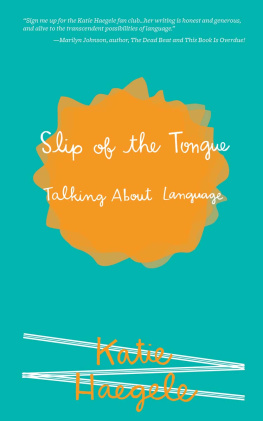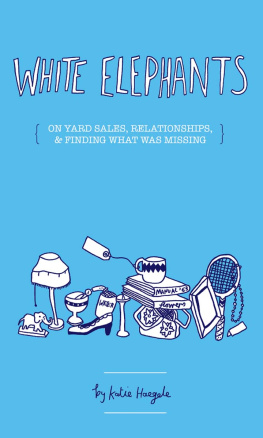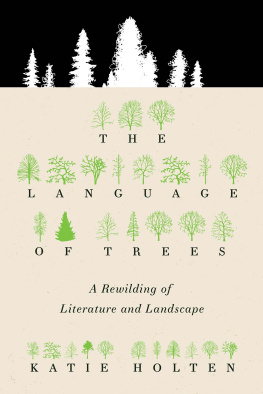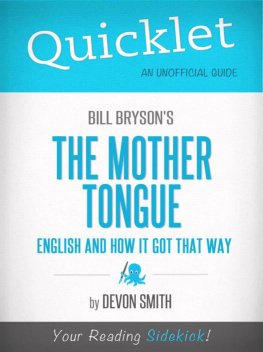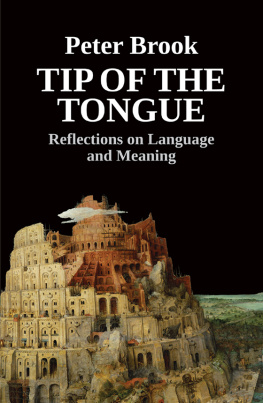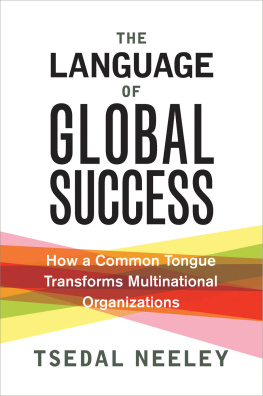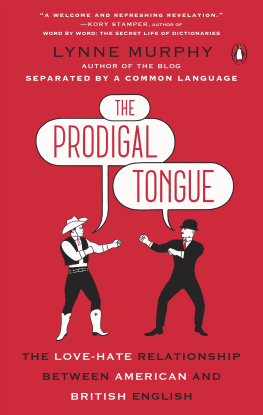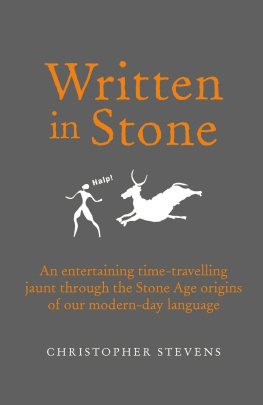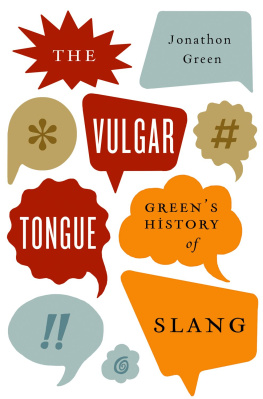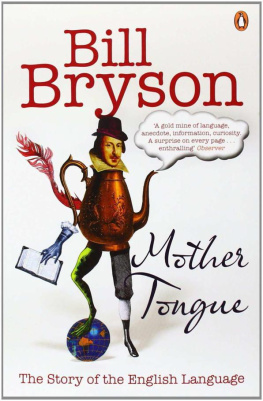Slip of the Tongue
Talking about Language
Katie Haegele

First printing, August 1, 2014
All text is Katie Haegele, 2014
This edition is by Microcosm Publishing, 2014
Microcosm Publishing
2752 N Williams Ave
Portland, OR 97227
In the Real World series
For a catalog, write or visit
MicrocosmPublishing.com
ISBN 9781621060116
This is Microcosm #76133
Edited by Erik Spellmeyer and Lauren Hage
Designed by Joe Biel
Cover by Meggyn Pommerleau
Distributed in the United States and Canada by Independent Publishers Group and in Europe by Turnaround.
This book was printed on post-consumer paper by union workers in the United States.
Some of these pieces originally appeared in Bitch magazine, the Minneapolis Star-Tribune, the Pennsylvania Gazette, The Philadelphia Independent, the Philadelphia Inquirer, Philadelphia Weekly, Powells.com and the Utne Reader. See? No Oxford Comma needed.


Introduction

I am a little bit obsessed with Helen Keller, and I have been for a long time. I dont remember how old I was when I first read or heard her story, only that it was either in school or in the theater, when my parents took us to see The Miracle Worker, the stage play based on Kellers autobiography. Her story has been retold in various ways many times, to the point that it feels, to me, like Greek mythology or something biblical, like its always been there, a book of lessons for us to learn from. One of these lessons is surely about the unruliness of the human spirit, the strength of the will to survive and thrive. But to me the important lessonintricately bound up with that drive to livehas always been about the power of the word.
The Miracle Worker focuses on the early part of Kellers life, starting with her unusually difficult babyhood. As an infant she got seriously ill with what was probably scarlet fever or meningitis and, as everyone who has ever heard of her knows, it left her deaf and blind. Her parents didnt know that she couldnt see or hear at first because she was too little to have learned to speak, and she cried like any other baby. I remember finding that scary, the idea that you could be trapped in darkness and silence and be all the more alone because no one even knew you were stuck there. You wouldnt even know yourself, not really.
But still she had to learn to negotiate the world of the seeing and hearing. When Helen was ten years old her teacher Anne Sullivan came to live with the family. The young woman was mostly blind herself and had learned sign language from a classmate at the Perkins School for the Blind who also had deafness. She used signing with Helen by spelling out the signs on the palm of Helens hand, because of course she couldnt see them. Now here is the important part of the story: Helen didnt know what Miss Sullivan was doing. How could she? Shed never spoken with anyone, never witnessed language being used. (She had made up a kind of signing that she used to communicate with the daughter of the family cook, a girl close to her own age, but they werent signs that corresponded to individual things and ideas. They were more like gestures, in the way that you can manage to make yourself understood to someone whose language you dont speak and who doesnt speak yours.)
The salient part of this unusual language acquisition story is that Helen didnt know that everything in the world had a name. Miss Sullivan needed to make her understand this before she could teach her anything else, so she put a doll in Helens arms and, using the American manual alphabet, spelled out the word for doll. She did the same with a drinking cup and the table it sat on, and on herself (Annie, teacher), and all that happened was that Helen got frustrated and annoyed. I remember in the play, her hair was all long and tangled and it hung in front of her face; she grunted too. She was like a wild child, locked away from human society because she couldnt communicate. It took months of persistent teaching for any understanding to break through. At the water pump, as the cold shining stream surged over her hands, Helen at once understood that the thing being signed to her was the word for water, and the reason it was different from all the other movements the woman had made with her hands was that everything has its own word. Everything has a name. There is a way to match up our lived experience with our desireour needto share it with each other, and that way is words.
It would be hard to exaggerate how excited I was to watch Helen understand this for the first time, and the fact that her first word was water only seemed to highlight how elemental her discovery was. The thing is, it was the first time I understood it, too. All words are signs. Theyre arbitrary. The word for water could sound any number of different ways (and does, in languages all over the world). But most of us learn language when were so little that we dont remember learning it, which means we never have to think about the fact that, at one time, someone just made those words up. Its in our nature to talk about the world around us, whether we see things with our eyesight or by touch or in some other way, so we absorb language without even trying. And in all this time, the fact of thatthat effortlessnesshas not stopped seeming beautiful and miraculous to me. I imagine Id feel the same way about the other functions of our bodies, if I understood them better: the elegant mechanism of an elbow swiveling in its hinge, or the tunnels and tubes that allow us to breathe and cry and, yes, to speak. If using language is a way for us humans to make sense of our world then thinking about language is the way I make sense of my humanity. There are other doors that open onto that same room: sexuality, art, religion, food. But language is the part of our lives thats always mattered to me the most, and Ive written about it a lot over the years, in one way or another.
For these reasons, its weird for me to report that I dont find writing easy to do, not even a little. I dont even really enjoy doing it most of the time. I cant think of many things that satisfy me as completely as expressing precisely what I want to say, but getting there is hard. For brief moments Im able to capture the wonder and pain of my puny experience, using only wordsthe same words I use to scold my cat or tell my sister what time the movie startsand then, just as quickly, it gets away from me again.
Contents

Section One
Essays

1
Either You Have It Or You Dont


